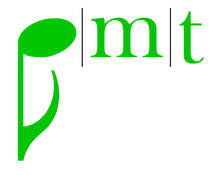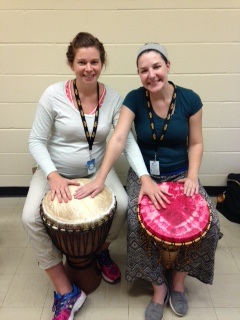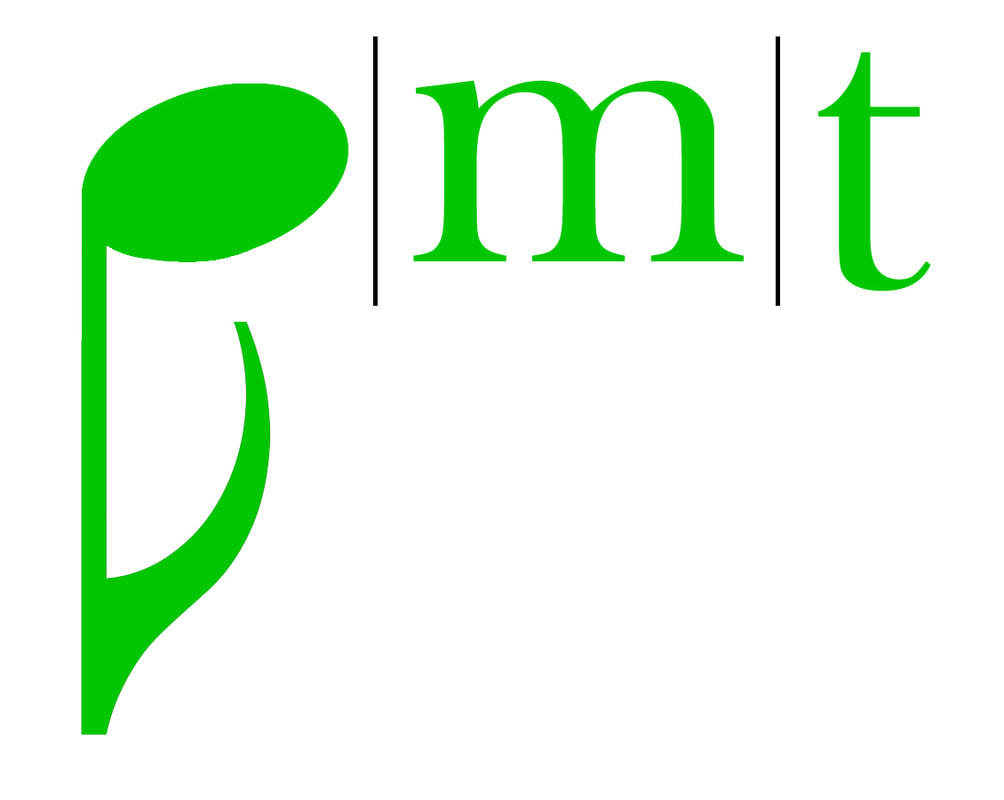Reflections after healthrhythms training in clt Shared by Ashley Tisdale, MT-BC : On a bright Saturday morning, around 7:15, I walked back into my alma mater of Queens University of Charlotte and began to reminisce on some memories. When I was a student, I used to have my percussion lessons on the weekends. I would do as most music students do: try to warm up/ cram notes in before my lesson started, survive the lesson, and head straight back to the practice room. Lots of memories. Fast forward to when everyone else begins to arrive. Short introductions, chit chat, and catching up - I hear a djembe in the other room - the "Morning Drum Call" as they say in the drum circle facilitator world - and beckons me to join... so I do. Slowly but surely the rest of the group begin to funnel in and soon after we're all creating music together. A great way to start my morning. Frank Thompson, drum circle facilitator and founder of the AZ Rhythm Connection, was our fearless leader for the weekend. A very open and mellow teacher, in my opinion. Calm, cool, and collected. After ending the opening drum call we shared what we were looking to get out of our experience and begin to learn how to introduce the HealthRhythms protocol. Not knowing what I was getting myself into - when Frank had us split off in groups to practice speaking - I felt a chill go down my spine. I hate talking in front of others , especially when it's evident that I don't know what I'm talking about - in fact I try to avoid that at all costs! In groups I'm paired off with a former supervisor and a former professor and I was just as surprised as they were to find how hard it was to come up with a short speech on the spot. We worked through it all and received feedback from one another in Franks "SBI" or "Standard, Behavior, Impact" format. "Standard" is what is expected - "Behavior" is what you have done - and "Impact" is how it was perceived and received by others in the group. After learning the protocol we watched a video on Psychoneuroimmunology, i.e. the mind-body connection. In this video there were many scientific studies quoted about the way people (and rats) perceive stress, and how it greatly influences their health. In making people feel like they have more control over a situation or making them feel more secure, their immunoefficiency was increased. There was a great length of time spent on the specificity of research. As music therapists, we are constantly having to prove ourselves and when we came across the studies provided in our Health Rhythms manuals, there wasn't a single study that specifically said it used the HR protocol in its entirety. While there was evidence to show that the individual steps of the protocol were beneficial, there wasn't anything provided that showed that the entire protocol had been used in a study. Frank tried to answer as many questions as he could and showed a great deal of patience and understanding. Health Rhythms is definitely evidence supported, but I feel in order to be able to say it's "evidenced based", we, as therapists, need to test the entire protocol or survey groups that participate in the protocol. I feel this would give more validity to the entire protocol and more peace of mind to those who are looking for the evidence. We learned about how to lead wellness, guided imagery, and ice breaker exercises. There were many times where people jumped in to the circle to practice facilitation. A lot of the fellow MT's seemed a bit timid at first but it was wonderful to see them really come out of their shell! The parallel between all of these different exercises was drawn to the benefits of group recreational drumming. By putting people into these comfort areas, we empower them. But how exactly? Part of being a facilitator is to, well, facilitate. What does it mean to facilitate? To make easy.
By facilitating to the least capable denomination in your group - you set a level of acceptance, a level of security, a level of trust; and in that acceptance, security, and trust - you as the facilitator are there to guide these clients on a journey of self-empowerment. The HealthRhythms training was a great opportunity to see how recreational drumming can be used to empower people. It really opened my eyes to how much information and data there is out there in support of recreational drumming and I learned to be more confident in my abilities. It was wonderful to have such a unique experience take place in my own backyard. Many thanks again to my alma mater Queens University of Charlotte, the Queens Music Therapy Department (Dr. Engen) and DrumSTRONG (Scott Swimmer) for bringing the Health Rhythms training to Charlotte and making it all possible. I look forward to using these skills in my future drum circles and music therapy sessions!
0 Comments
|
PMTProviding music therapy services for early childhood to older adults, music instruction and enrichment plus continuing music therapy education in Greater Charlotte Area of the Carolinas. Archives
May 2024
Categories
All
|
Piedmont Music Therapy is a 501(c)(3) status organization.
Piedmont Music Therapy accepts donations via venmo @piedmontmusictherapy or any amount through QuickBooks. Contact us to arrange an electronic pledge!
Main Location |
|



 RSS Feed
RSS Feed
